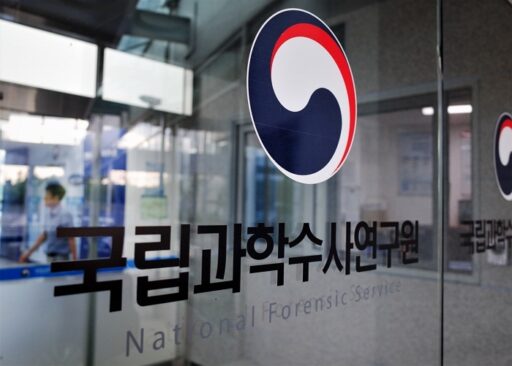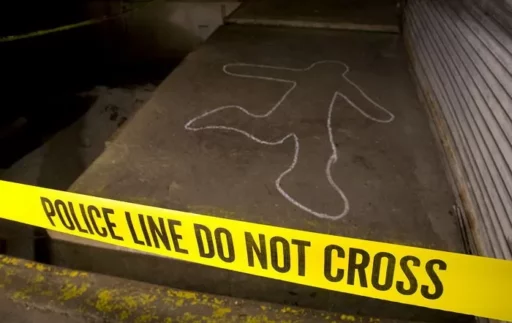Korean Forensic Science Technology Contributes to Solving Cold Cases in Mongolia
The advanced forensic techniques from the National Forensic Service (NFS) under the Ministry of the Interior and Safety have been successfully transferred to Mongolia, playing a significant role in resolving local cold cases.
On the 25th, the NFS announced that it would hold a performance report conference locally in Mongolia from the 25th to the 26th as part of the concluding phase of the "Strengthening the Forensic Science Capacity of the National Forensic Service of Mongolia" project, which has been underway since 2020 in collaboration with the Korea International Cooperation Agency (KOICA).

Through this Official Development Assistance (ODA) project, the NFS has played a key role in significantly enhancing Mongolia's forensic capabilities. It focused on providing intensive support in three core areas: DNA analysis, drug analysis, and digital analysis, which has transformed the paradigm of forensic science in Mongolia.
As a result of this technical transfer, Mongolia's DNA analysis throughput has increased by approximately seven times, and the time required for analysis has been dramatically reduced from 15 days to 5 days.
The Power of K-Forensics Proven by Solving a Cold Case Homicide
The most noteworthy achievement of this capacity-building project is the resolution of the "Hovsgol Girl Murder Case," which occurred in Mongolia's Hovsgol region in 2018 and had remained a cold case for many years. The case was resolved last year using Korean forensic techniques, leading to a significant increase in the trust of the Mongolian people in the judicial system.

This achievement has also been a decisive factor for the Mongolian government to upgrade the National Forensic Service, established in 1944, to the "National Forensic Agency" after 80 years. The transfer of Korean forensic technology has brought about positive changes to Mongolia's overall forensic system.
Building on success in Mongolia, the NFS plans to strengthen its international cooperation framework to support the capacity building of forensic science in other countries, including Sri Lanka, Bolivia, Uzbekistan, and Indonesia.
Lee Bong-woo, the Director of the National Forensic Service, stated, "This ODA project has elevated the capabilities of Mongolia's judicial system, allowing our forensic science expertise to be recognized once again. We will strive to make the NFS a global institution that promotes K-forensics worldwide."
Image Source: News1, reference material for understanding the article / gettyimagesbank


